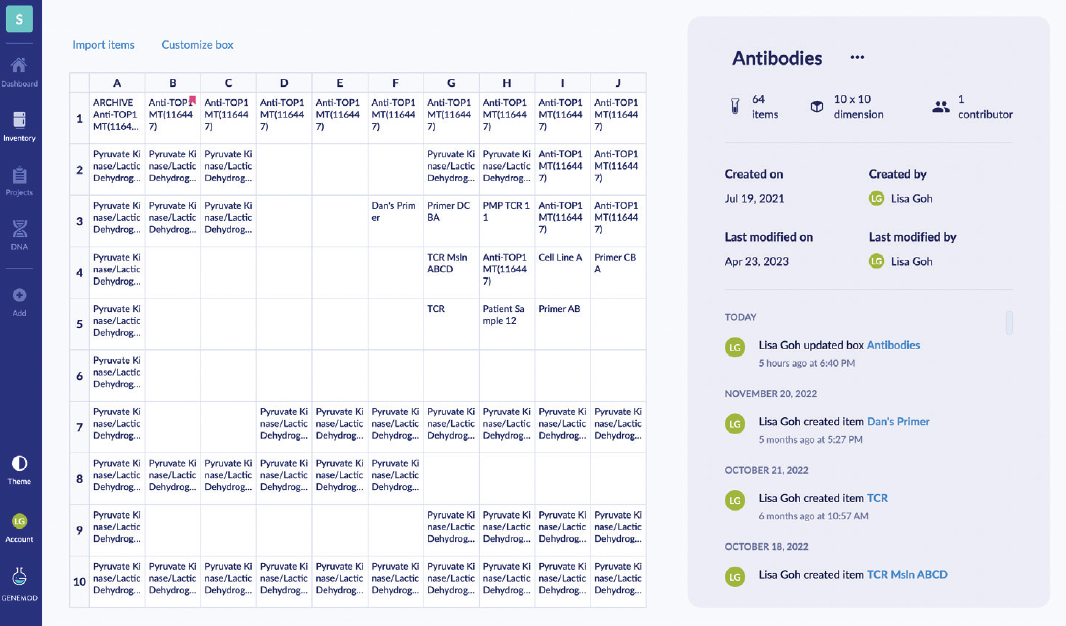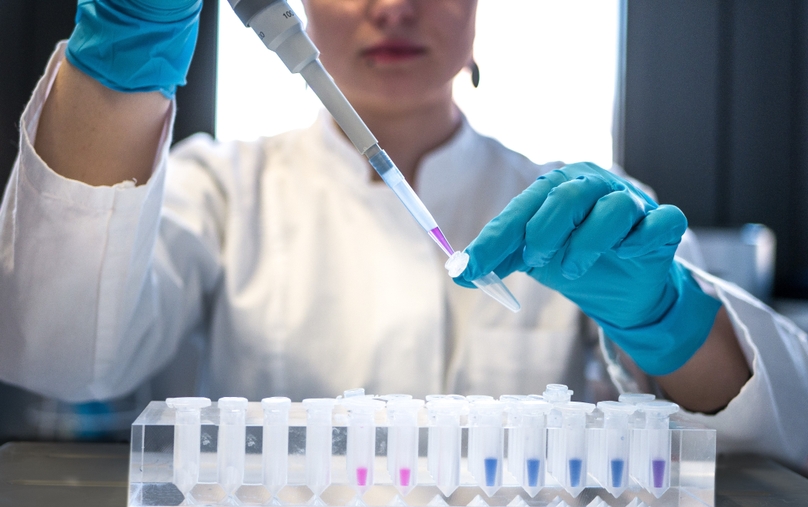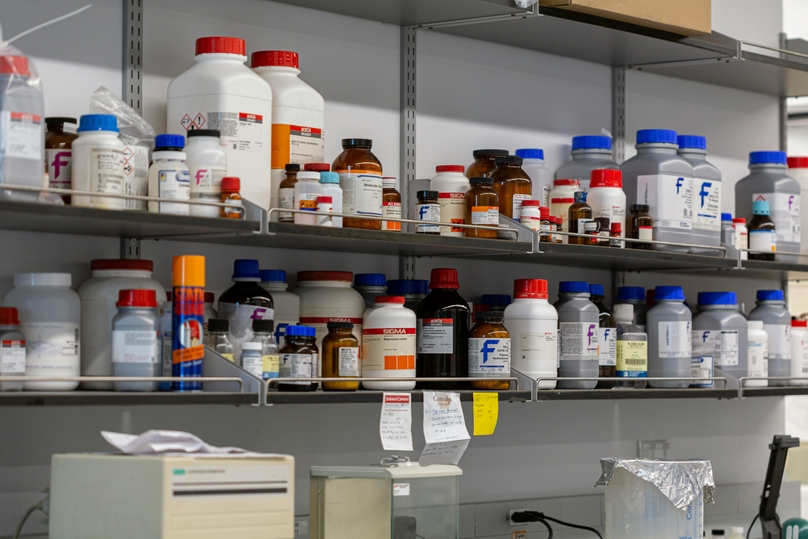In the fast-paced world of healthcare and medical research, managing and securing lab data is of paramount importance. Laboratory Information Management Systems (LIMS) play a crucial role in ensuring the efficient organization, accessibility, and security of laboratory data. In this post, we will learn about how LIMS manages and safeguards lab data, providing a comprehensive overview of the key features and benefits it offers.
What Is LIMS?
LIMS is a cutting-edge Laboratory Information Management System designed for various fields such as biopharmaceutical, biotech, agritech, healthcare, medical, and many other research areas. It serves as a centralized platform for managing various aspects of laboratory data, including sample tracking, test results, quality control, and data analysis. LIMS integrates with laboratory instruments and systems, streamlining data collection, processing, and reporting.
Data Management with LIMS
LIMS employs advanced sample tracking mechanisms to monitor the complete lifecycle of samples, from collection to analysis and disposal. Through barcode or RFID-based labeling, each sample is uniquely identified and linked to relevant patient or experiment data. This ensures accurate sample identification, minimizes errors, and enhances traceability.
Additionally, LIMS enables seamless integration with laboratory instruments, automating the capture of test results and other data directly from the equipment. This eliminates manual data entry, reducing the risk of transcription errors and improving efficiency. Real-time data processing capabilities enable immediate data validation, calculations, and quality checks.
The system also provides a structured and organized repository for lab data, facilitating easy data retrieval and analysis. Data is categorized based on predefined parameters, such as patient demographics, experiment type, or research project, enabling researchers to quickly locate and access relevant information. This comprehensive organization enhances data visibility and supports data-driven decision-making.
Security and Compliance Features
In terms of security and compliance features, LIMS employs robust data encryption techniques to safeguard sensitive information. Access control mechanisms ensure that only authorized personnel can view, modify, or export data, reducing the risk of data breaches and unauthorized access. Role-based access controls further enhance data security by limiting user privileges based on their assigned roles and responsibilities.
The system maintains detailed audit trails, recording every interaction with the system and data. This feature enables complete traceability and accountability, allowing administrators to track user actions and identify any unauthorized or suspicious activities. Data versioning ensures the preservation of data history, providing a valuable reference for future analysis and validation.
Finally, LIMS adheres to stringent regulatory requirements, such as HIPAA and GDPR, ensuring the protection of patient privacy and data confidentiality. The system offers customizable workflows and configurable compliance checks to align with specific regulatory guidelines. Regular system audits and security updates ensure ongoing compliance with evolving regulations.
Benefits of LIMS for Lab Data Management and Security
With LIMS, laboratories can reap a multitude of benefits that enhance efficiency, and improve data accuracy and integrity. Below gives insights on the benefits of LIMS for lab data management and security.
- Enhanced Efficiency: LIMS streamlines laboratory workflows, reducing manual data entry and minimizing errors. Automated data capture and processing save time, allowing researchers to focus on critical analysis and interpretation tasks.
- Improved Data Accuracy and Integrity: By eliminating manual transcription errors and implementing quality control checks, LIMS enhances the accuracy and integrity of lab data. This increases the reliability of research findings and supports evidence-based decision-making.
- Enhanced Collaboration: LIMS facilitates seamless data sharing and collaboration among researchers, clinicians, and other stakeholders. It enables real-time access to shared data, promoting interdisciplinary collaboration, and fostering a culture of knowledge exchange.
- Data-Driven Insights: The structured organization and powerful querying capabilities of LIMS enable researchers to extract valuable insights from vast amounts of lab data. This supports data-driven decision-making, facilitates research reproducibility, and drives innovation.

Effective management and security of lab data are critical for advancing scientific knowledge and providing quality patient care in healthcare and medical research. By leveraging its features and benefits, healthcare institutions can enhance efficiency, maintain data integrity, and comply with regulatory requirements, ultimately fostering groundbreaking discoveries and delivering improved healthcare outcomes. Try Genemod today to find out more about how LIMS can help you to manage and secure Lab Data.















